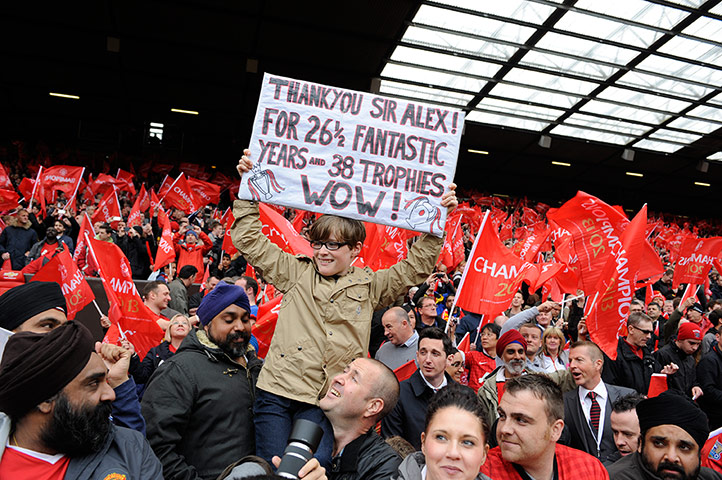Cultivating your passions is one of the most beautiful ways to live life. Doing something just for the pleasure it brings, not for money or to please someone, and certainly not out of duty. These are activities undertaken to satisfy the child within us, often labeled as useless, leading nowhere, and perhaps even tedious and boring in the eyes of others.
However, these are the activities that give a profound sense of purpose to life, that bring happiness in their execution, that help us better accept the rest of our lives and temporarily distance ourselves from disappointments.
A story like this is realized by Ochirvaani Batbold, 26 years old, who cycled 10,000 kilometers from Mongolia to fulfill his dream of meeting his idol Wayne Rooney and cheering for Manchester United.
In his youth, he was an emerging player in his country, Mongolia, playing in several teams of the top Mongolian league. Then someone promised him a trial with the Los Angeles Galaxy in exchange for 3,000 euros, but he lost his money because the offer turned out to be a scam. It seemed like the opportunity of a lifetime. To escape despair, he wrote a letter to Manchester United explaining his situation and thus set off a year ago, taking all this time to reach England.
The former English striker couldn’t believe it and declared: “I wanted to meet you at all costs,” Rooney said to an emotional Batbold upon his arrival in Manchester, “to tell you ‘well done’! You think we footballers gave you inspiration. But what you did is something incredible, and you should be very proud of it.”





